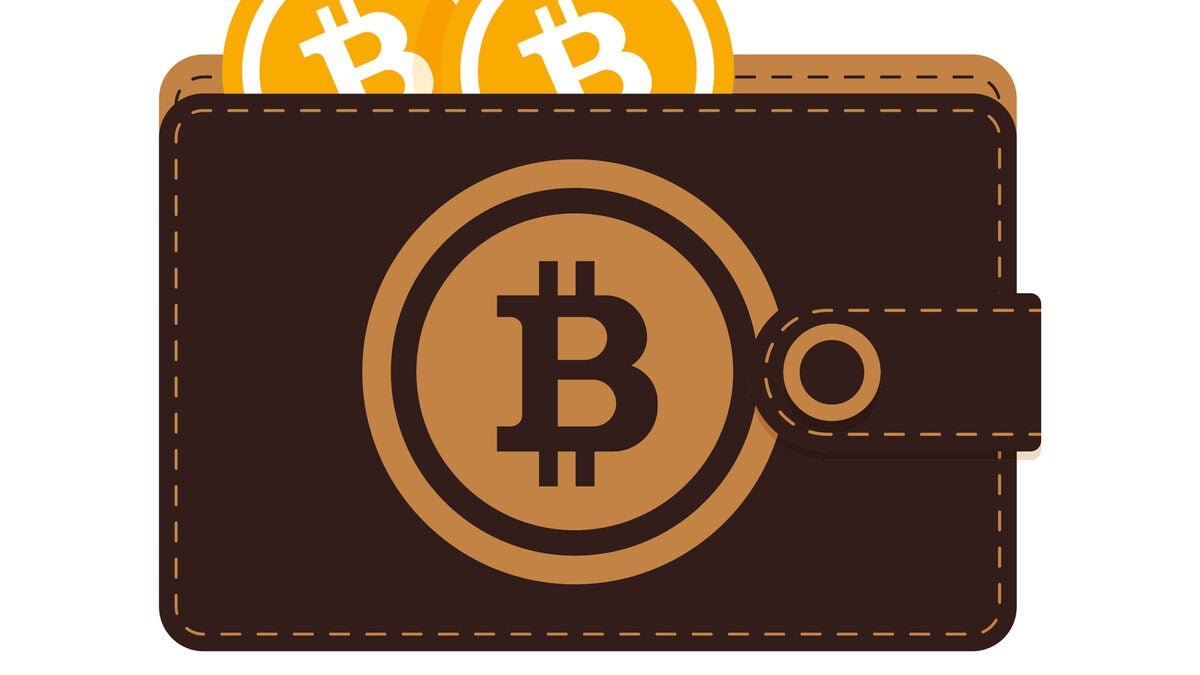The cryptocurrency landscape has evolved significantly over the past decade, with Bitcoin leading the charge as the most prominent digital currency. As Bitcoin becomes more mainstream, the tools and technologies surrounding its use have also advanced, particularly Bitcoin wallets. This article explores why Bitcoin wallets are becoming more user-friendly, making it easier for both novices and seasoned users to manage their digital assets.
Simplification of User Interfaces
One of the primary reasons Bitcoin wallets are getting easier to use is the simplification of their user interfaces. Early Bitcoin wallets were often cumbersome and required a certain level of technical knowledge to operate. Today, many wallets feature intuitive designs that make navigation straightforward. Wallets like Exodus and Trust Wallet have been specifically praised for their user-friendly interfaces, which cater to users at all levels of experience. These wallets offer easy access to features such as sending and receiving Bitcoin, checking balances, and even participating in decentralized finance (DeFi) activities without requiring deep technical expertise.
Integration with Hardware Wallets
Security is a significant concern for Bitcoin users, and hardware wallets have long been regarded as one of the most secure ways to store cryptocurrency. Modern Bitcoin wallets often integrate seamlessly with popular hardware wallets such as Ledger and Trezor. This integration allows users to manage their assets securely while still benefiting from the convenience of a software interface. For example, the Crypto.com DeFi Wallet supports integration with Ledger hardware wallets, offering users a blend of top-notch security and ease of use.
Enhanced Security Features
Improving security features without complicating the user experience has been a key focus for Bitcoin wallet developers. Many wallets now include built-in security measures such as two-factor authentication (2FA), biometric login options, and multi-signature support. These features enhance the security of the wallets while ensuring they remain accessible to everyday users. For instance, the Zengo Wallet uses multi-party computation (MPC) to secure assets, eliminating the need for traditional private keys and seed phrases, thus simplifying the security process for users.
Cross-Platform Availability
Another factor contributing to the ease of use of Bitcoin wallets is their availability across multiple platforms. Users can now access their wallets via mobile apps, desktop applications, and browser extensions, ensuring they can manage their Bitcoin from anywhere. Wallets like Guarda and Exodus offer this cross-platform compatibility, making it convenient for users to switch between devices without losing access to their funds.
Educational Resources and Support
As more people enter the world of cryptocurrency, the availability of educational resources within wallets has become crucial. Many wallets provide comprehensive guides, FAQs, and customer support to help users understand how to manage their Bitcoin effectively. Exodus, for example, offers a robust library of educational content aimed at helping users learn about cryptocurrency and how to use the wallet’s features.
Seamless Integration with DeFi and dApps
The integration of decentralized finance (DeFi) functionalities and decentralized applications (dApps) into Bitcoin wallets has also enhanced their usability. Users can now participate in staking, lending, and other DeFi activities directly from their wallets. Wallets like Trust Wallet and Crypto.com DeFi Wallet have built-in support for these functions, allowing users to interact with the broader cryptocurrency ecosystem without needing separate applications.
The advancements in Bitcoin wallet technology have made managing Bitcoin more accessible and secure than ever before. With user-friendly interfaces, robust security features, cross-platform availability, and integrated educational resources, Bitcoin wallets are no longer the domain of tech-savvy individuals alone. These improvements are crucial in driving the broader adoption of Bitcoin and other cryptocurrencies, making them a viable option for everyday financial activities.






























